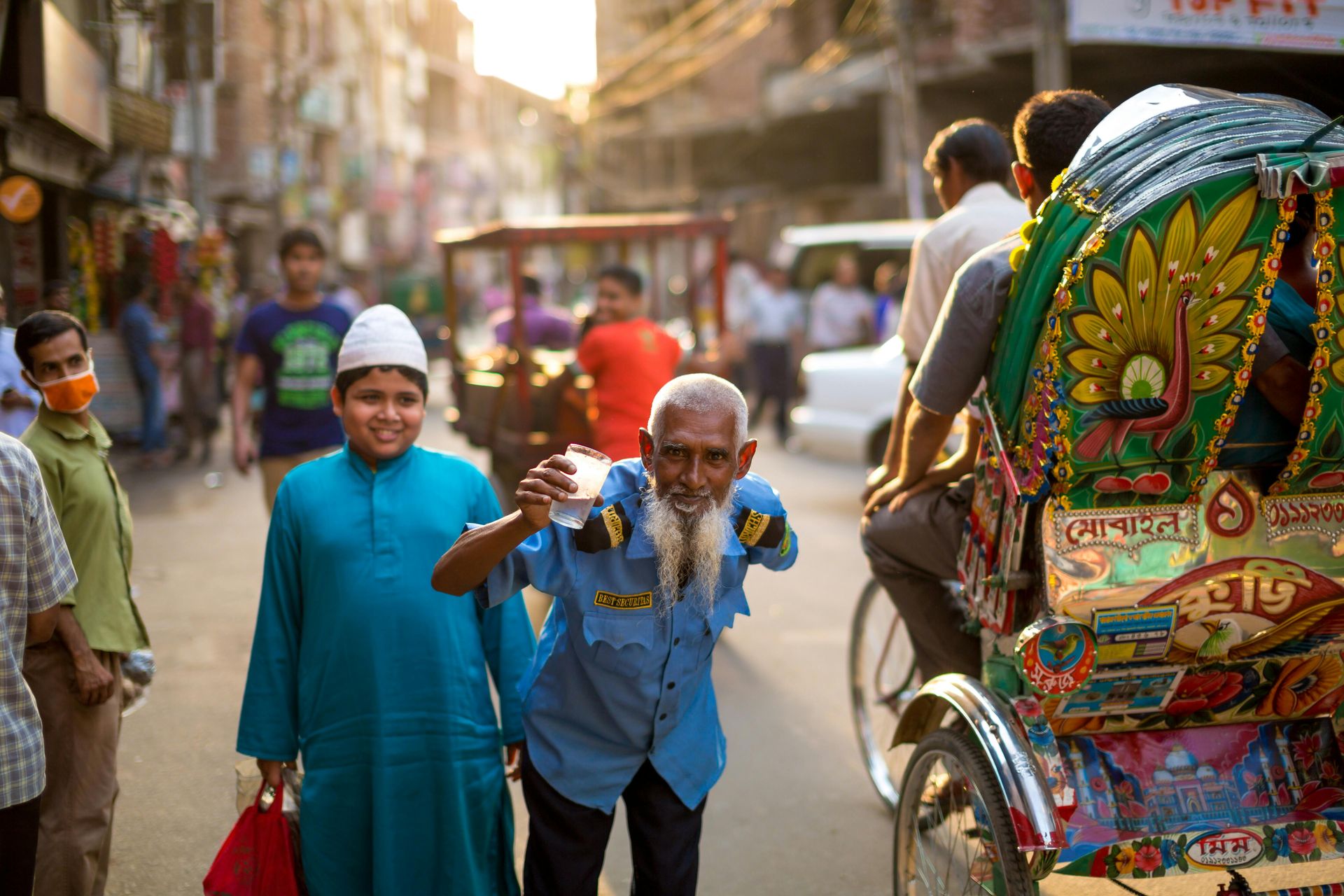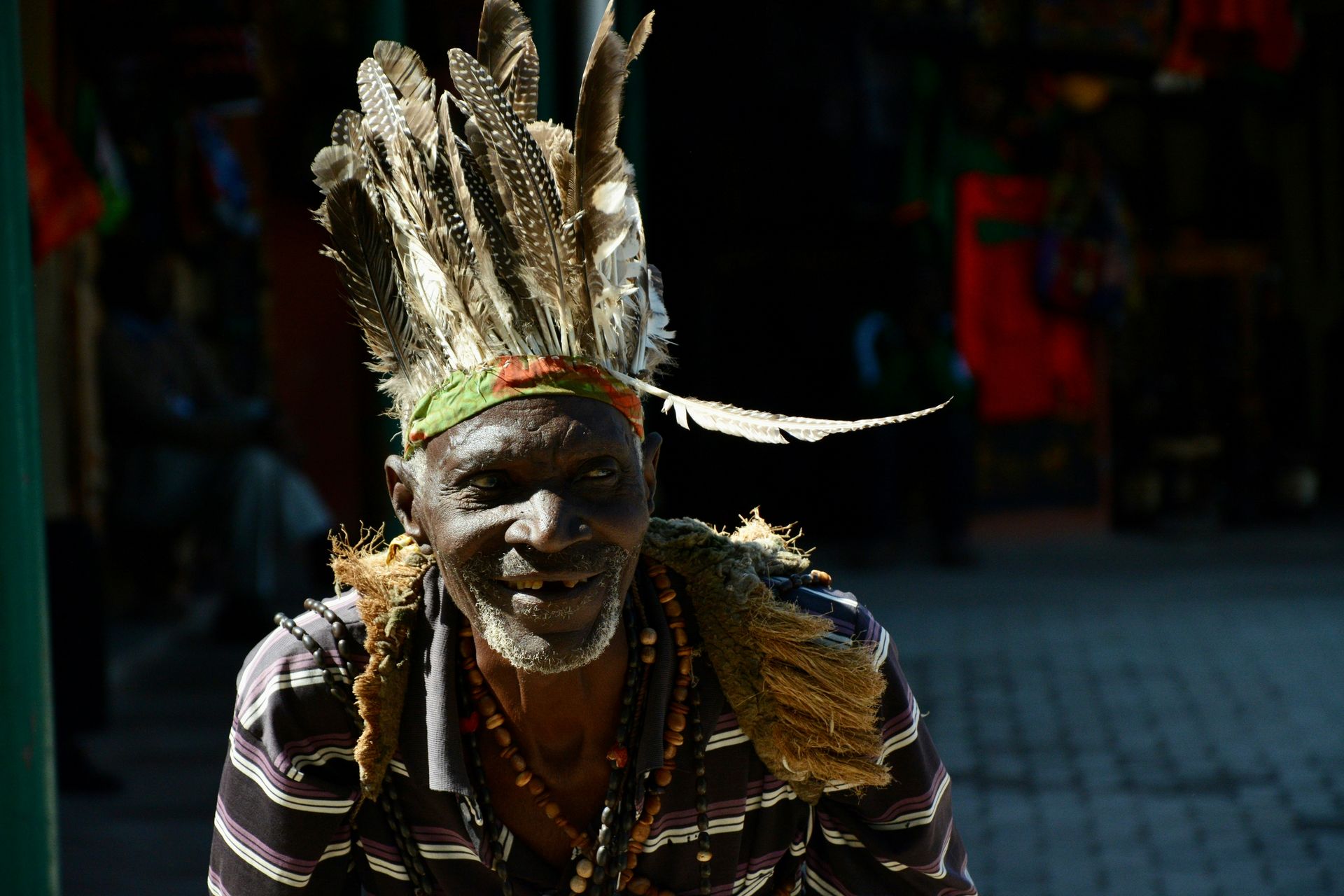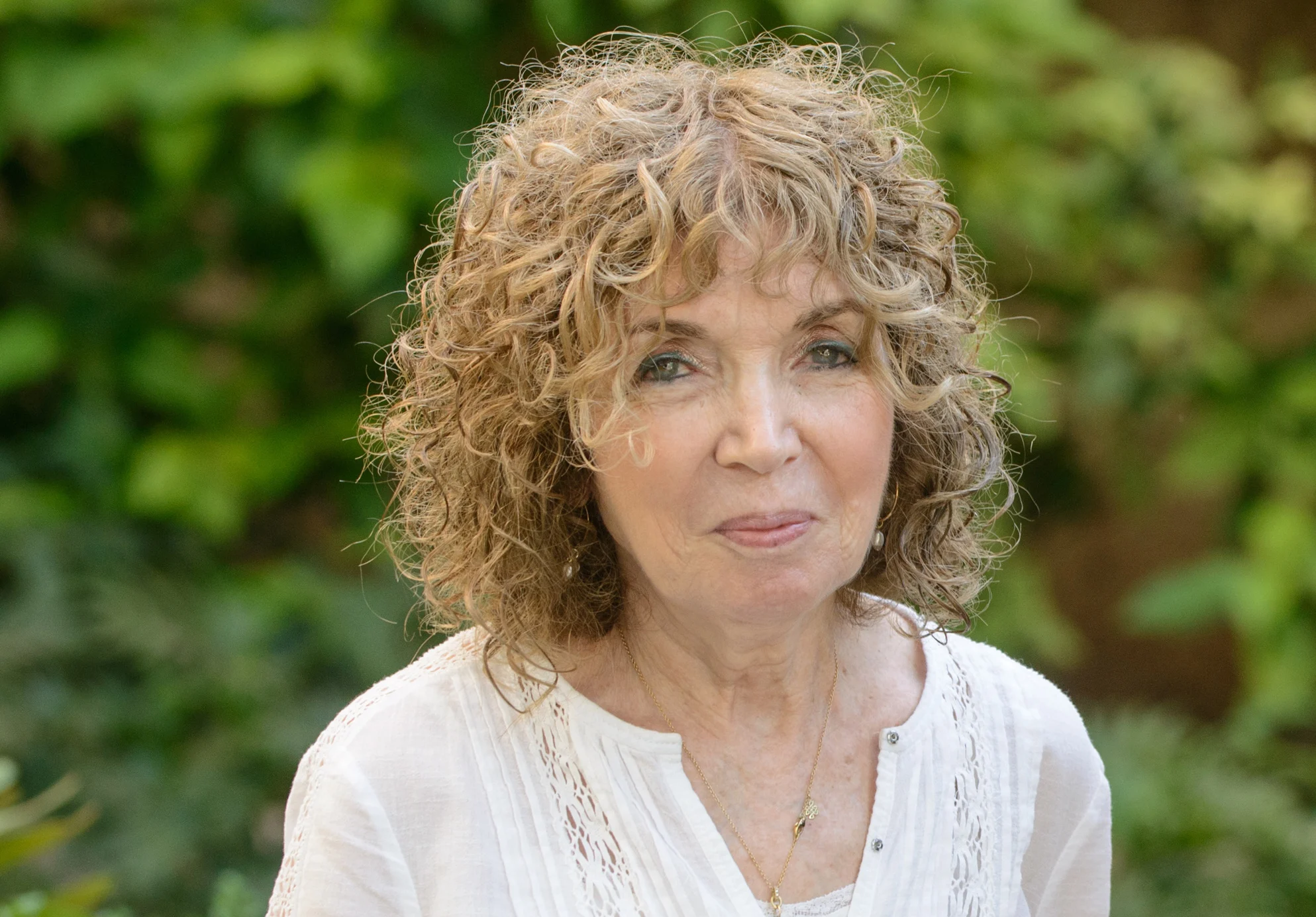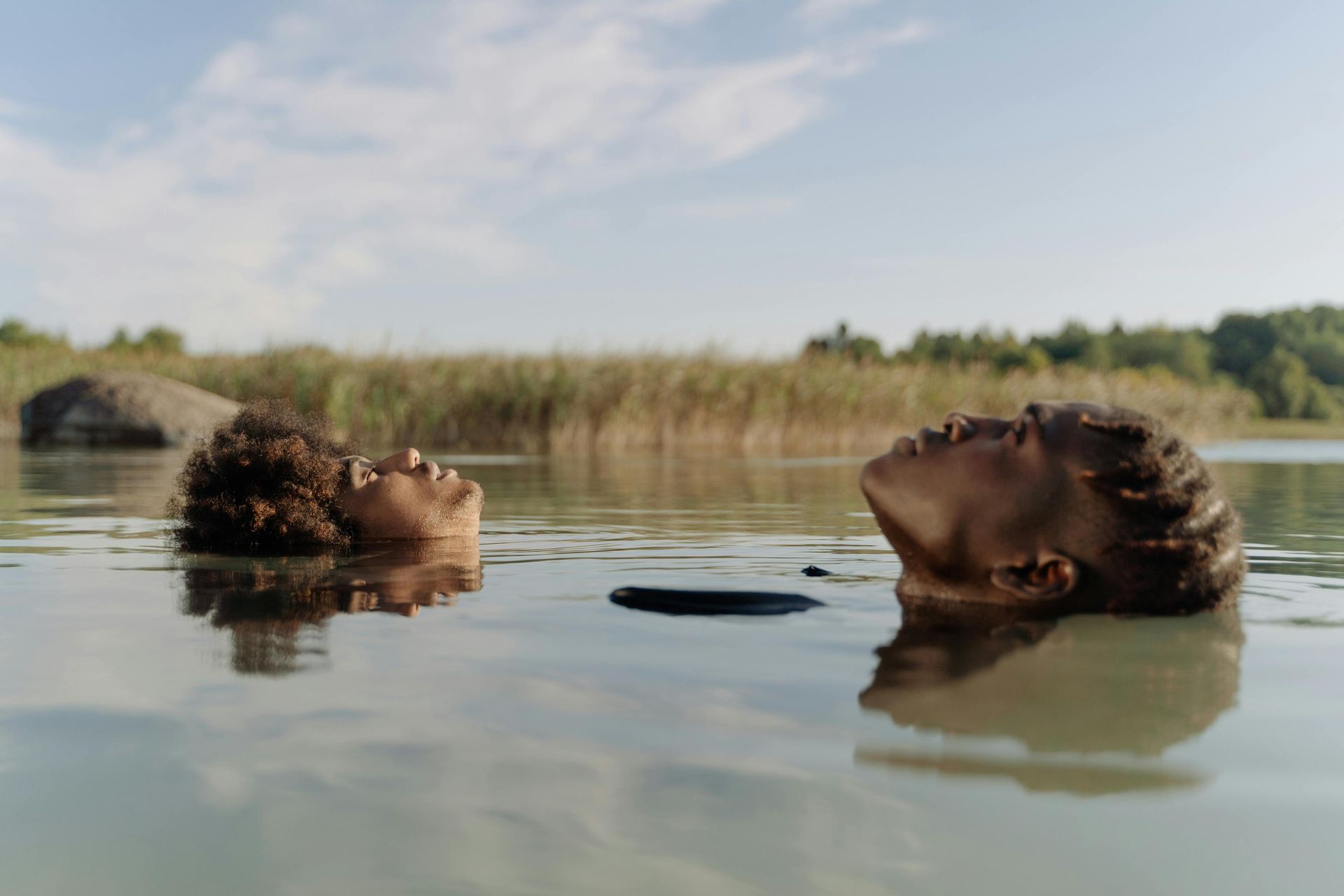Aging Bangladesh, at the forefront of the global climate crisis, faces severe impacts from extreme weather events. Among the most vulnerable are older citizens, often overlooked in climate strategies. With 15.3 million people aged 60 and above, the nation must address their unique challenges while harnessing their potential to foster resilience.
Aging Bangladesh and Older People: Both Vulnerable and Vital
The rapid ageing of Bangladesh’s population presents a dual narrative. Older adults face increased risks due to physical limitations, dependency on younger family members during crises, and limited access to resources. However, their deep understanding of the environment and natural systems can significantly aid community resilience. Many adopt survival strategies, such as staying home during disasters and seeking loans to recover. Despite these efforts, systemic barriers hinder their full participation in climate action.
“I don’t know if the government is thinking about people like us. It feels like they may not recognize the deprivation and suffering we endure from the recent climate changes and disasters.” — Woman, 59, Sundarbans region
Recommendations for Inclusive Climate Action
To ensure older adults are active participants in climate resilience, the following steps are essential:
- Strengthen Social Protections: Develop universal, gender-, and disability-responsive social pensions to build resilience.
- Promote Collaboration: Foster interdepartmental coordination to enhance adaptive and shock-responsive social systems.
- Recognize Expertise: Shift perceptions by valuing older people’s resilience and environmental knowledge.
- Encourage Participation: Involve older adults in planning, implementing, and evaluating community climate actions.
- Support Local Authorities: Enable localized, inclusive adaptation projects through funding and development.
- Tailor Communication: Provide accessible, context-specific information to empower older people.
- Empower Advocacy: Strengthen older people’s organizations to monitor policies and advocate for inclusivity.
- Invest in Research: Incorporate ageing into climate studies and collect disaggregated data to inform policies.
- Foster Intergenerational Programs: Promote collaboration between younger and older generations to enhance adaptation and conservation efforts.
- Encourage Livelihoods: Establish income-generating opportunities, such as revolving funds, to support older individuals.
Aging Bangladesh: A Call to Action
Older adults in Bangladesh stand on the frontlines of the climate crisis. Recognizing their vulnerabilities while leveraging their knowledge and resilience is vital. Inclusive climate policies can not only safeguard their wellbeing but also unlock their potential to strengthen communities and the nation as a whole. By adopting these recommendations, Bangladesh can set a global example of leaving no one behind in the battle against climate change.
Summary:
Aging Bangladesh faces heightened climate vulnerabilities yet possesses invaluable environmental knowledge and resilience. Current research underscores their strategies to manage hazards and highlights systemic barriers that limit their participation in climate action. Recommendations for inclusive policies include enhancing social protections, fostering intergenerational collaboration, and empowering older people’s advocacy. By integrating ageing into climate strategies, Bangladesh can lead in creating equitable solutions, ensuring older citizens are not only protected but empowered to contribute to national resilience efforts.






